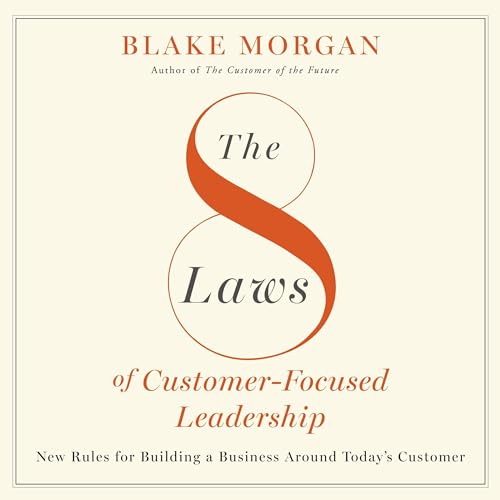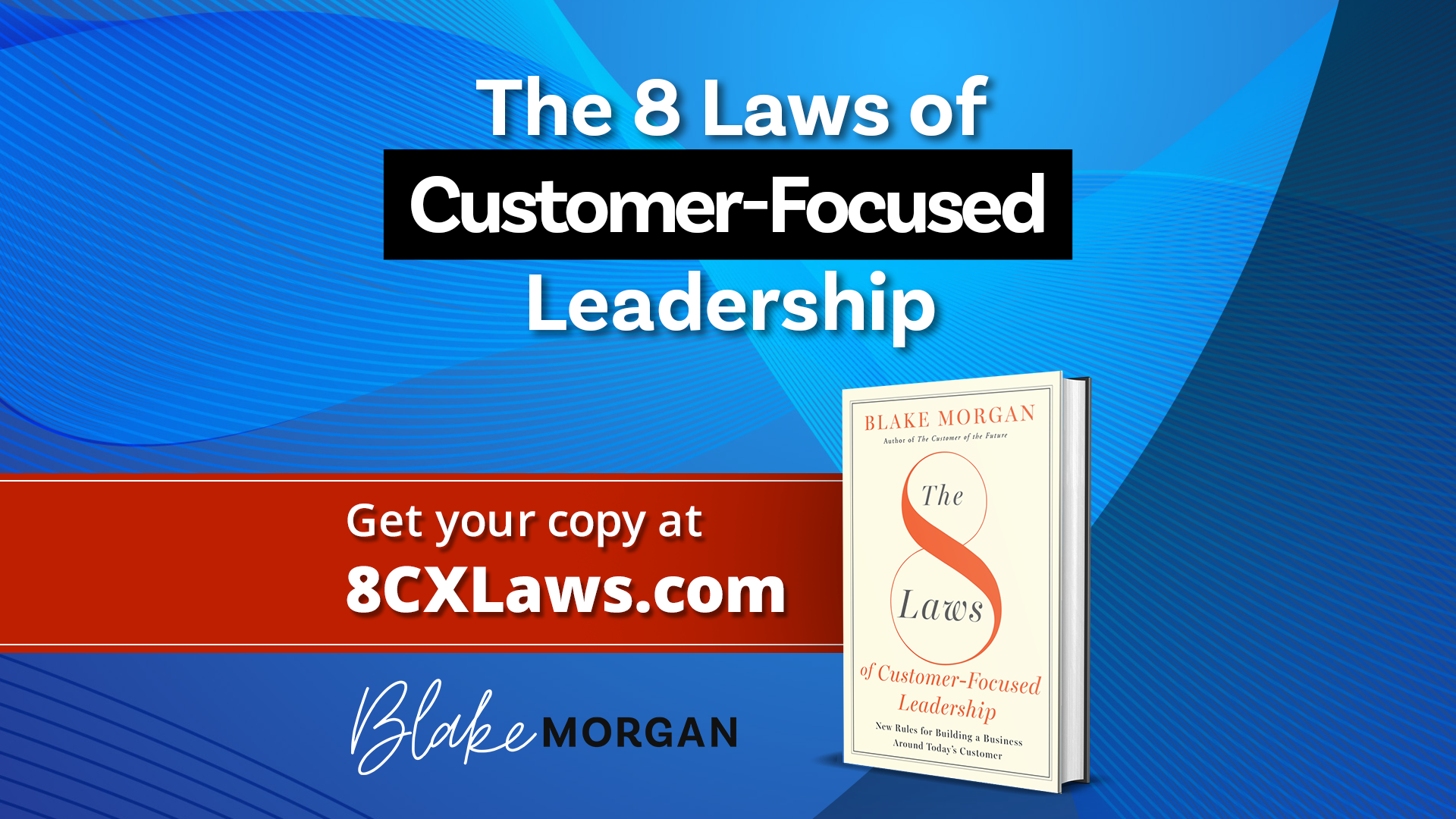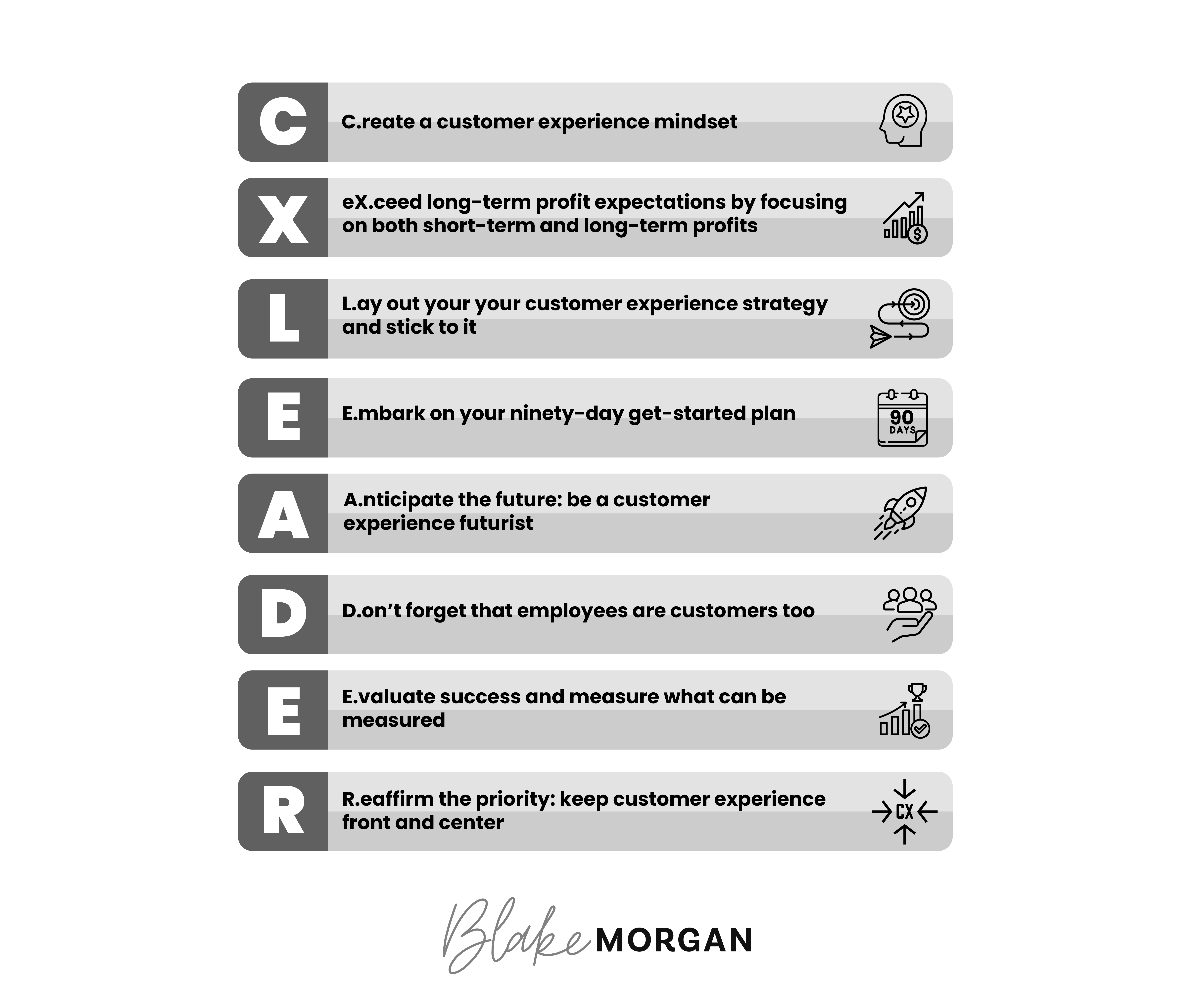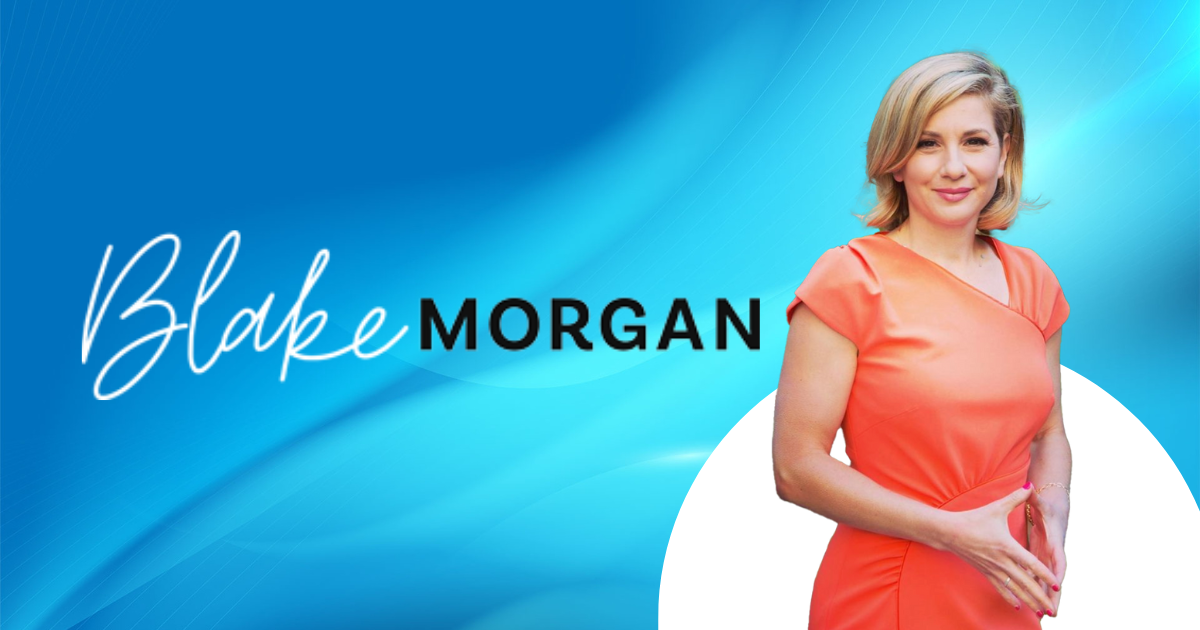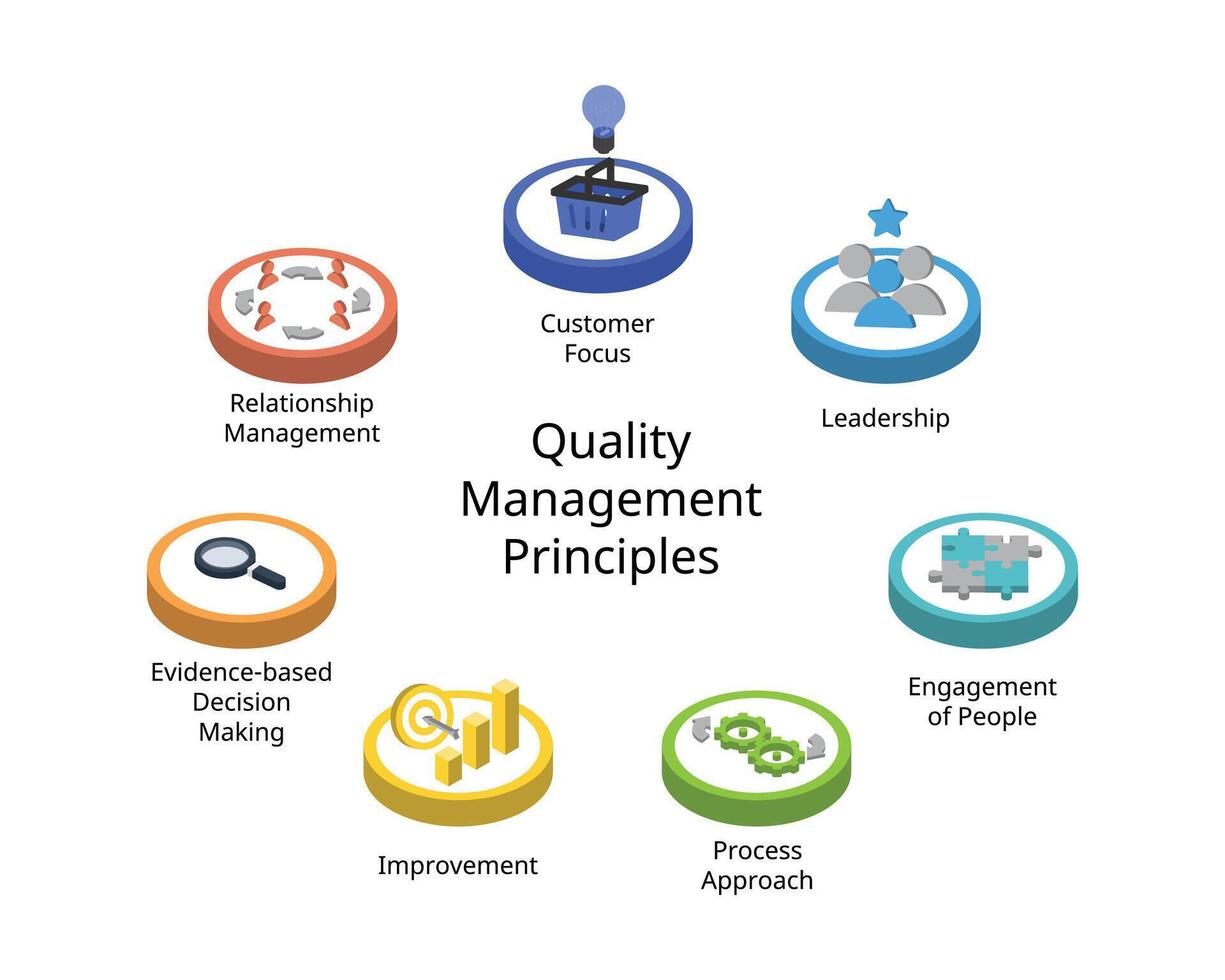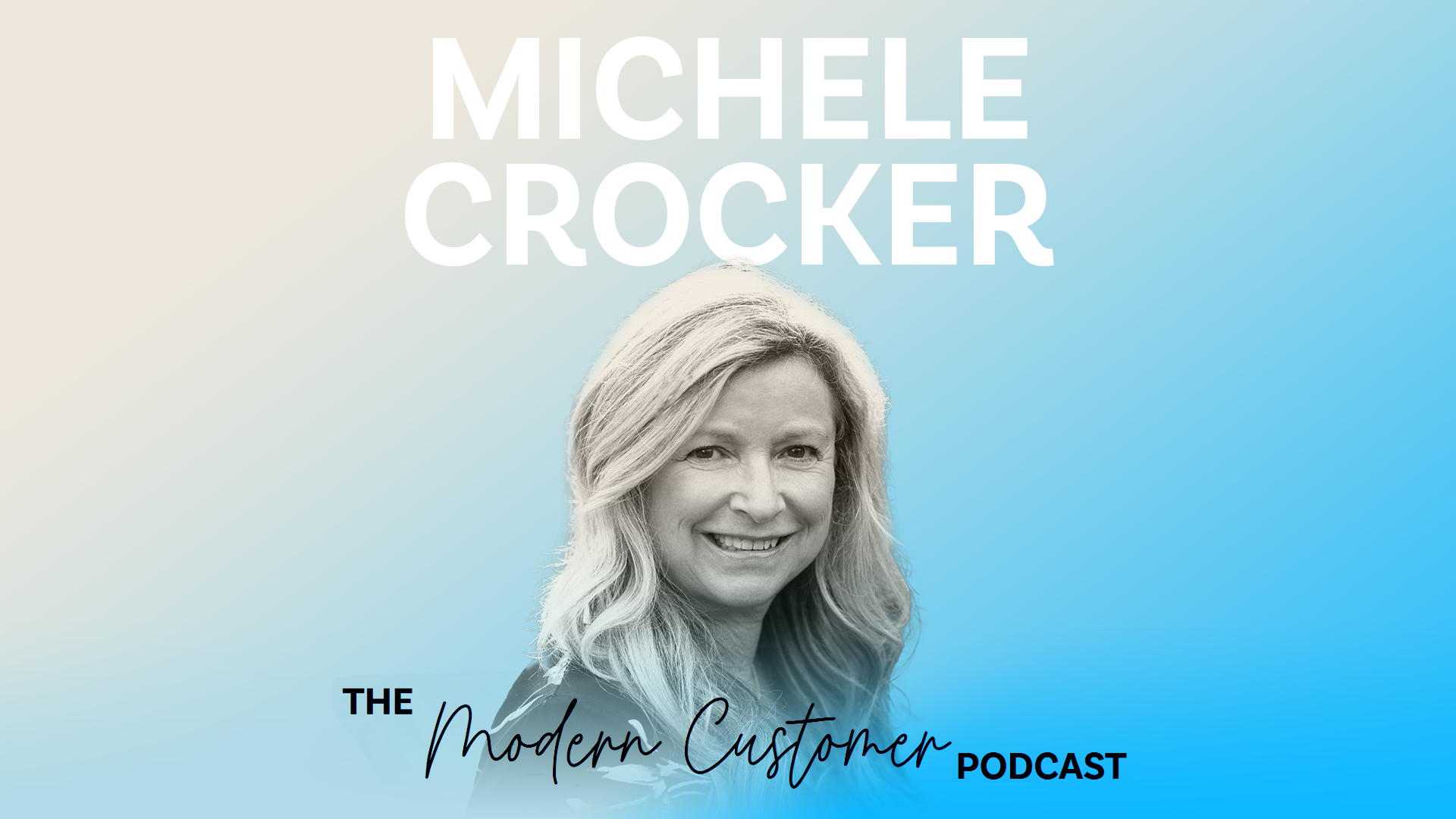Blake Morgan 8 Laws Of Customer-focused Leadership

Imagine a bustling office, not filled with the frenetic energy of stressed employees glued to their screens, but one where laughter echoes alongside thoughtful conversations. A space where the leader isn’t confined to a corner office, but is instead, collaborating with team members, genuinely listening to their concerns, and celebrating their victories. This is the essence of customer-focused leadership, a philosophy championed by thought leader Blake Morgan.
At the heart of this transformative leadership style are eight core principles. These laws, as Morgan defines them, aren’t just about improving customer satisfaction; they're about creating a thriving organizational culture. This culture places the customer at the epicenter of every decision, fostering loyalty and driving sustainable growth.
The Rise of Customer-Focused Leadership
In today's hyper-competitive market, where consumers wield unprecedented power, the customer experience has become the ultimate differentiator. Blake Morgan, a globally recognized expert on customer experience, employee experience, and the future of work, has dedicated her career to understanding and articulating this shift. Her insights, gleaned from years of research and consulting with leading companies, have coalesced into a practical framework for leaders seeking to thrive in this new era.
Morgan's influence extends far beyond the boardroom. She is a sought-after keynote speaker, a bestselling author, and a prolific contributor to publications like Forbes and Harvard Business Review. Her work resonates with leaders across industries, all eager to create organizations that are not just customer-aware, but truly customer-centric.
Her approach emphasizes the vital link between employee experience and customer satisfaction. She argues that engaged and empowered employees are the key to delivering exceptional customer experiences. This understanding underpins the eight laws of customer-focused leadership, providing a roadmap for creating a virtuous cycle of mutual benefit.
Blake Morgan's 8 Laws of Customer-Focused Leadership
These eight laws aren't just abstract concepts; they are actionable principles designed to be implemented across all levels of an organization.
1. Listen to Your Customers
This first law seems obvious, but it's often overlooked. Truly listening means actively seeking out customer feedback through various channels. This involves not just hearing what customers say, but deeply understanding their needs and pain points.
Tools like surveys, social media monitoring, and customer service interactions provide valuable insights. Companies should analyze this data to identify trends and areas for improvement.
2. Empower Your Employees
Empowered employees are confident, proactive, and capable of making decisions that benefit the customer. This means providing them with the autonomy and resources they need to resolve issues quickly and efficiently.
According to a study by Gallup, companies with highly engaged employees see 21% higher profitability. This underscores the direct link between employee empowerment and business outcomes.
3. Be Accessible
In today's digital age, customers expect seamless and convenient access to your organization. This means offering a variety of communication channels, including phone, email, chat, and social media.
Being accessible also means being responsive. Customers should receive timely and helpful responses to their inquiries.
4. Show Empathy
Empathy is the ability to understand and share the feelings of another. In customer service, empathy means putting yourself in the customer's shoes and understanding their perspective.
Demonstrating empathy can help defuse tense situations and build rapport with customers. It shows that you care about their experience and are committed to resolving their issues.
5. Be Transparent
Transparency builds trust with customers. This means being open and honest about your products, services, and policies. It also means admitting mistakes and taking responsibility for your actions.
In an era of heightened scrutiny, transparency is more important than ever. Customers are more likely to support companies that are upfront and honest.
6. Be Proactive
Proactive customer service means anticipating customer needs and addressing them before they arise. This could involve providing helpful information, offering personalized recommendations, or resolving issues before the customer even notices them.
Proactive service demonstrates that you are truly invested in the customer's success and are willing to go the extra mile to ensure their satisfaction.
7. Personalize the Experience
Customers want to feel like they are more than just a number. Personalization involves tailoring the customer experience to their individual needs and preferences.
This could involve using data to provide personalized recommendations, sending targeted marketing messages, or offering customized support.
8. Continuously Improve
Customer-focused leadership is not a one-time effort; it's an ongoing process of learning and improvement. This means constantly seeking feedback, analyzing data, and experimenting with new approaches.
Organizations that embrace a culture of continuous improvement are better equipped to adapt to changing customer needs and stay ahead of the competition.
The Impact of Customer-Focused Leadership
The benefits of embracing customer-focused leadership are far-reaching. Organizations that prioritize the customer experience tend to see increased customer loyalty, higher revenue growth, and improved employee engagement.
Furthermore, customer-focused organizations are better positioned to attract and retain top talent. Employees are more likely to be drawn to companies that value their contributions and empower them to make a difference.
By implementing these eight laws, leaders can create a virtuous cycle of customer satisfaction, employee engagement, and business success.
Beyond the Laws: Cultivating a Customer-Centric Culture
While the eight laws provide a valuable framework, true customer-focused leadership requires more than just following a set of rules. It requires a fundamental shift in mindset, a commitment to putting the customer at the heart of every decision.
This shift begins with leadership. Leaders must model customer-centric behavior, demonstrating their commitment to providing exceptional experiences. They must also create a culture where employees feel empowered to advocate for the customer.
"Ultimately, customer-focused leadership is about creating a culture of empathy, empowerment, and continuous improvement," says Blake Morgan. "It's about building organizations that are not just profitable, but also purpose-driven, committed to making a positive impact on the lives of their customers."
Looking Ahead
As the business landscape continues to evolve, the importance of customer-focused leadership will only grow. Organizations that embrace this philosophy will be best positioned to thrive in the years to come.
By embracing Blake Morgan's 8 Laws, leaders can embark on a transformative journey, creating organizations that are not only customer-centric, but also innovative, resilient, and deeply human.
The future of leadership is customer-focused. Are you ready to lead the way?

